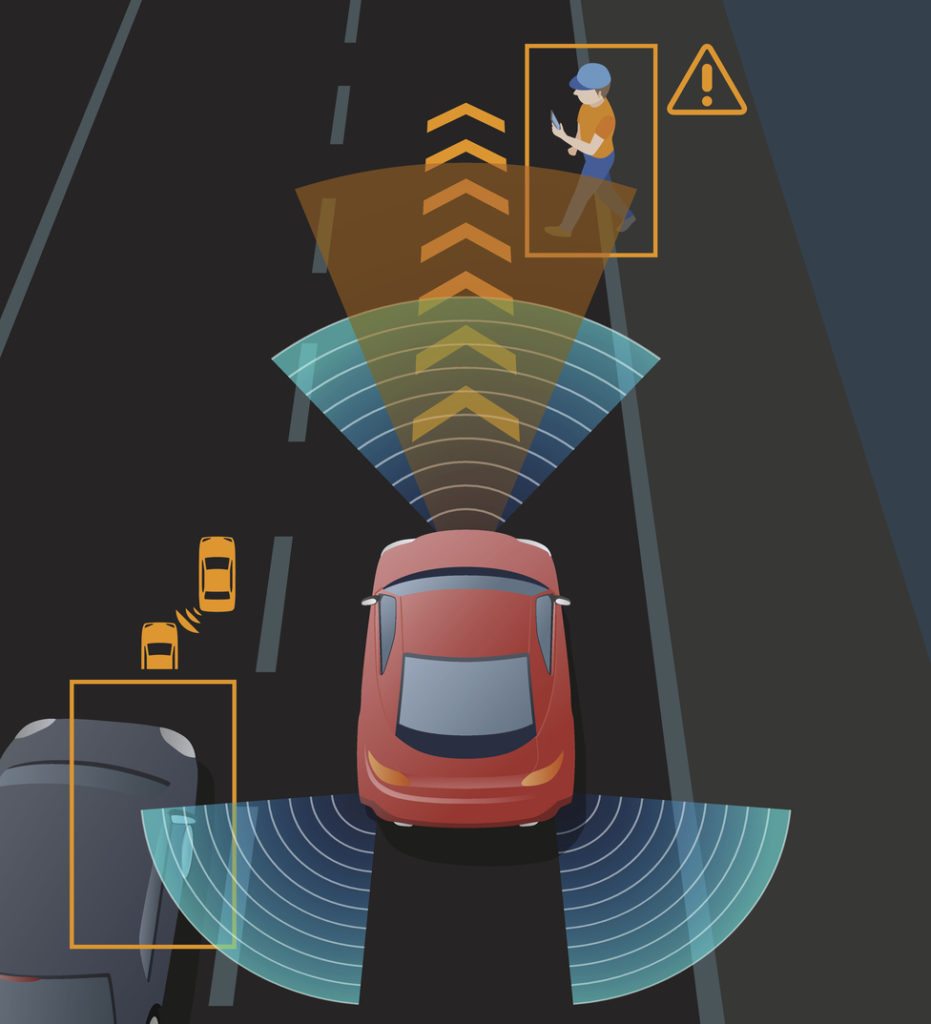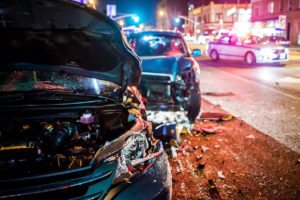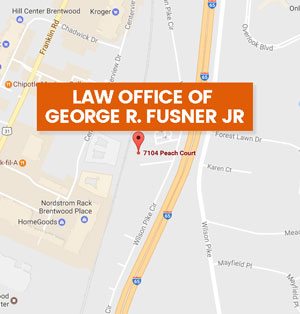Earlier this year, an Uber SUV that was being operated in “self-driving” mode collided with a vehicle that did not yield to oncoming traffic. According to The Washington Post, the motorist who failed to yield was technically at fault for the accident; however, the collision in that particular scenario unfolded in such a way that most attentive drivers would have been able to avoid it by assessing their surroundings and reacting accordingly.
Self-driving cars are designed to follow all traffic laws, but in some scenarios, doing so could result in a devastating accident. For example, the posted speed limit on a section of Interstate might be 70 mph, but in a torrential downpour, motorists should be traveling at half that speed to maintain safe control of their vehicle.
It is this gray area between following the rules of the road and reacting to unpredictable hazards that makes people question the safety of self-driving cars. At the end of the day, no technology is foolproof, and the possibility of a motor-vehicle collision is always going to present regardless of who is—or is not—behind the wheel.
If you were in a crash that was someone else’s fault, contact the Law Office of George R. Fusner Jr. Mr. Fusner has been practicing law for four decades, and he has the knowledge, resources, and courtroom experience to represent your best interests during the claims process. Call 800-427-8960 or 615-251-0005 to schedule a free case evaluation with a personal injury lawyer in Nashville.
Will Self-Driving Vehicles Lead to More Collisions?
Self-driving vehicles might reduce the number of accidents caused by driver error, but they could increase the risk of collisions that occur because of other factors. Additionally, since manned vehicles are going to remain on the roads alongside self-driving cars for years to come, motorists will find themselves facing collisions caused by both driver error and technological failure.
If every car on the road was a self-driving vehicle, though, it would eliminate unpredictable and erratic driving, making such cars incredibly reliable and easy to program. Although this will not happen for several years and may never actually be the case, companies like Uber, Google, and Tesla have still managed to track a decline in crash rates for vehicles equipped with self-driving features.
According to Business Insider, Tesla has recorded a 40 percent decrease in their vehicles’ crash rates since installing Autosteer in 2015. Autosteer is the main feature of the Tesla’s Autopilot programming and is designed to keep the car in its lane even as it approaches curves. Sadly, despite their promising statistics, vehicles equipped with Tesla Autopilot still get in fatal collisions.
At the end of the day, driving is an inherently complicated task that requires both muscle memory and the ability to make snap decisions based on current road conditions. Although technology can automate some of these processes, it is not foolproof, and collisions are always going to occur if people travel by car.
If you were in a wreck that was not your fault and you intend to file a personal injury claim, turn to the Law Office of George R. Fusner Jr. Call 800-427-8960 or 615-251-0005 to schedule a free consultation with a Nashville accident attorney. You can learn more about personal injury claims in Tennessee by visiting USAttorneys.com.
You can read more accident articles here





